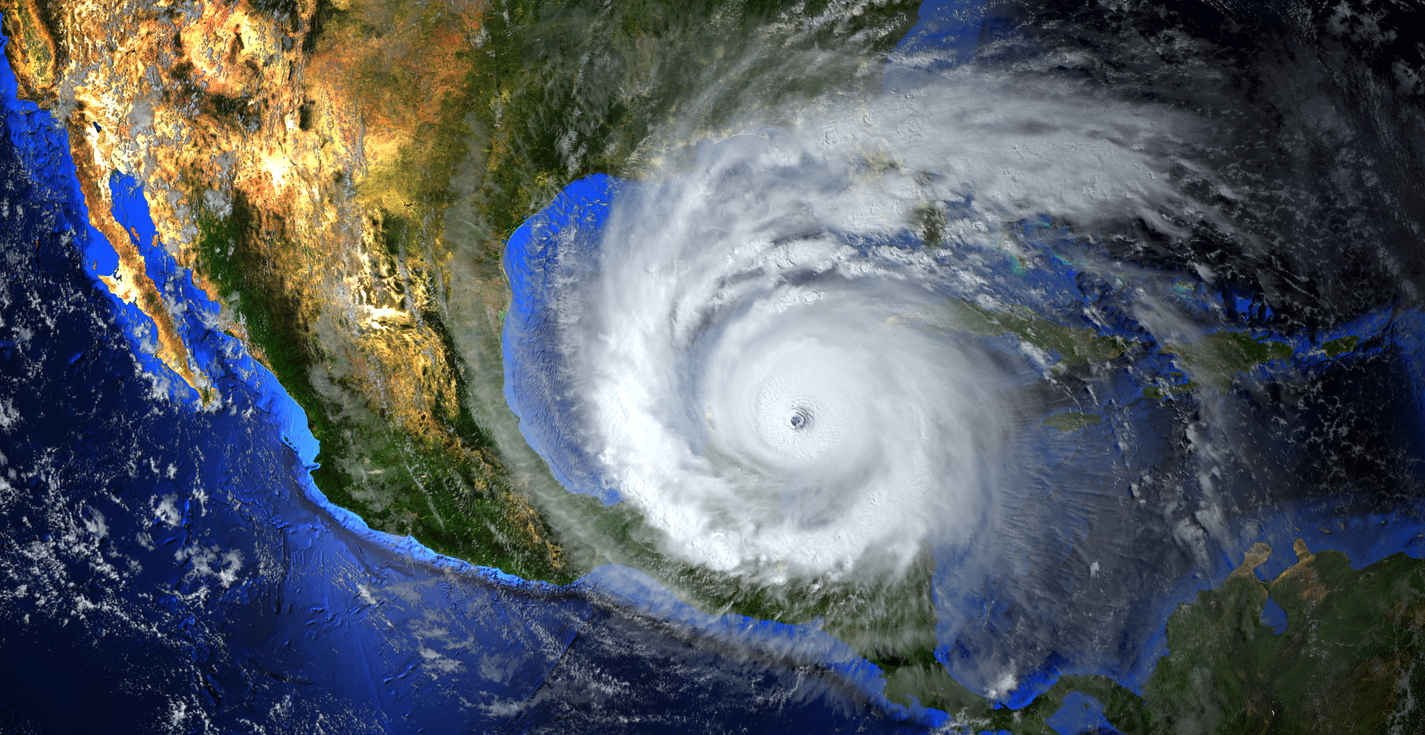
From hurricanes and tornadoes, floods and blizzards, to wildfires and heatwaves, extreme weather can be disruptive to anyone’s travel plans. The good news? With proper preparation and vigilance, organizations and their travelers can minimize the impacts that severe weather can bring. On Call’s Global Security Team shares their advice on how to best ‘weather the storm’ in this post.
BEFORE THE STORM
Understand the Risks: Whether the destination is in a hurricane-prone area, a region susceptible to tornadoes, or a place with a history of wildfires, it’s crucial to be aware of the potential threats. Research the types of severe weather that could affect the destination(s) of interest and stay informed about the seasons and conditions that typically can result in untoward critical weather events.
Plan Ahead: Severe weather can happen unexpectedly, so it’s important to make contingency plans in case travels are disrupted without much notice. Consider investing in a travel protection plan with trip delay and interruption coverage, which may account for weather-related cancellations or delays. Keep an eye on weather forecasts leading up to the departure and be prepared to adjust itineraries if necessary.
Create an Emergency Plan: A well thought-out (and documented!) emergency plan can make all the difference when severe weather occurs. The plan should include a designated meeting place, an evacuation route, and a communication strategy. Ensure that travelers know the plan and have access to important contact information, such as local medical services and law enforcement, family members, and your organization’s emergency assistance provider. The plan can also mention the need for travelers to monitor local weather developments; and if conditions have been met, travelers can seek to pre-emptively evacuate areas that could be affected before weather events make their impacts.
Build an Emergency Kit: An emergency kit is a critical component of severe weather preparation. This kit should include essential items such as non-perishable food, water, medications, flashlights, batteries, a first aid kit, and copies of important documents. Store the emergency kit in a safe, easily accessible location. It’s also advisable to keep a smaller version of the emergency kit in vehicles in case there is a need to evacuate quickly and/or severe weather is encountered while on the road.
DURING & POST-STORM
Stay Informed: Staying informed can help you and your travelers to make timely decisions when severe weather is imminent. Monitor local news channels, weather apps, and official government alerts for updates on the weather conditions in the area. Pay close attention to warnings and advisories and be prepared to act if necessary. Social media can also be a useful tool for real-time updates but be cautious of misinformation and rely only on credible sources.
Stay Flexible: Severe weather can cause significant disruptions to travel, including flight cancellations, road closures, and public transportation shutdowns. Stay flexible with travel plans and be prepared to change your itinerary if needed. Keep in touch with your airline, hotel, and other service providers for the latest information on cancellations or changes.
Shelter in Place: In many cases, the safest course of action during severe weather is to shelter in place, if accommodation structures are viable. For hurricanes and tornadoes, identify a safe room, such as a basement or an interior room with no windows. For floods, move to higher ground and avoid basements or lower levels where water can accumulate. During winter storms, stay indoors and keep warm, but avoid using generators or heaters that produce carbon monoxide indoors. Ensure enough supplies (including potable water and food) are on hand for several days in case of power outages or other disruptions.
Evacuate if Necessary: There are situations where evacuation is the safest option. This is why it’s so important to understand how to access travel emergency assistance–this is invaluable knowledge for any type of crisis situation, not just a natural disaster. On Call’s travelers can reach our Global Response Center via phone, SMS text, live chat or email for help from anywhere in the world 24/7/365.
Important to note: Natural Disaster evacuation benefits generally cover transport expenses for a traveler from a location made uninhabitable by a natural disaster to the nearest safe place. On Call will arrange for this type of transport if the covered individual has limited or no access to food, shelter, and potable water due to the natural disaster. Limitations and exclusions may apply. Our clients and their constituents are always encouraged to check with us for additional guidance and support with understanding their travel risk management and emergency assistance programs and any corresponding terms/conditions.
Stay Safe: Even after the storm has passed, there may still be safety risks. Avoid using water that may be contaminated and be cautious of potential hazards such as sharp debris or damaged buildings. If lodgings have been severely damaged, do not attempt to enter until it has been inspected by a professional. Follow the instructions of local authorities and be patient as recovery efforts may take time. And don’t forget to lend a helping hand—if traveling with a group, check in on fellow travelers post-storm, especially those who may need extra assistance, such as the elderly or disabled, and/or those with pre-existing medical conditions.
About On Call International:
When traveling, every problem is unique–a medical crisis, a political threat, even a common accident such as a missed flight. But every solution starts with customized care that ensures travelers are safe and protected. That’s why for over 25 years, On Call International has provided fully-customized travel risk management and emergency assistance services protecting millions of travelers, their families, and their organizations. Visit www.oncallinternational.com and follow us on LinkedIn to learn more.


